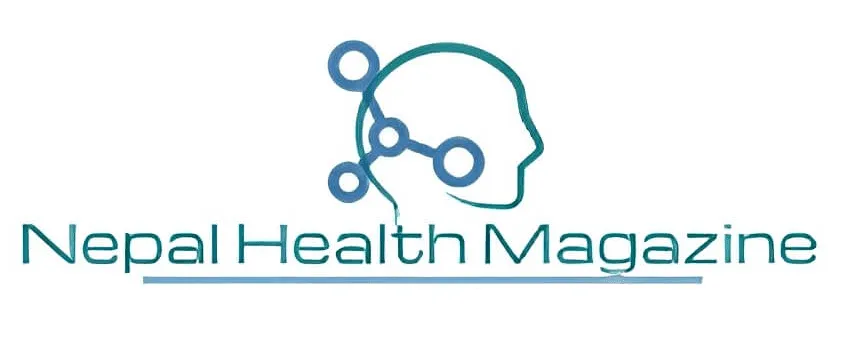Benefits and risks of using artificial intelligence for pharmaceutical development and delivery | WHO: Artificial Intelligence (AI) reffers to the ability of algorithms encoded in technology to learn from data so that they can perform automated tasks without explicit programming of every step by a human . WHO recognizes that AI holds great promise for the advancement of human health and for attainment of universal health coverage; however, AI also presents risks and ethical challenges that must be addressed if societies, health systems and individuals are to fully reap its benefits. The development and adoption of appropriate principles, rules and regulations have become more urgent with the speed of technological advances in use of AI and its rapid adoption and uptake for diverse and occasionally unforeseeable uses. A fast-growing use of AI has been in the lifecycle of discovery, clinical development and delivery of pharmaceutical products (medicines and vaccines). This discussion paper provides a brief overview of the ever-expanding application of AI to each step of development and deployment. Although the document does not address the growing use of AI for medical devices, including diagnostic technologies, many of the principles and challenges discussed are relevant to that use. WHO has published guidance on training, validation and evaluation of AI for cervical cancer screening . Present-day use of AI in the pharmaceutical sector is not the first use of computational approaches for this purpose. Computing has played a critical role for decades: computer-aided drug design dates to the 1970s , and, in the early 1980s, the “next industrial revolution” was proclaimed, with pharmaceuticals designed solely by computers. Computational approaches are also routinely used, for example, for screening compound libraries
This will require collaboration and coordination among all stakeholders to ensure that AI is used responsibly and ethically in the pharmaceutical and vaccine development and delivery process. It is essential to prioritize public health and the public interest in any AI applications in this field, focusing on addressing the needs of neglected populations and countries.
Governments play a crucial role in establishing the necessary standards, rules, regulations, and legal frameworks to govern the use of AI in pharmaceutical development and access to medicines and vaccines. By putting in place effective governance mechanisms, governments can ensure that AI is used in a way that benefits all populations, especially those with unmet health needs.The World Health Organization (WHO) will continue to monitor the impact of AI on pharmaceutical development and access to medicines and vaccines. WHO will work with Member States, pharmaceutical companies, civil society, and other stakeholders to harness the potential of AI in improving pharmaceutical development and access to medicines for all.Additionally, WHO may develop new ethics guidance and address issues of governance related to the use of AI in pharmaceutical development and access. This will help address the many benefits and challenges associated with AI in this field and ensure that AI is used in a way that benefits global health and addresses unmet health needs effectively.
- Anti-Tobacco Video Contest
- Health Officer |YAC | Nursing jobs latest
- Self-Care Month 2024 | WHO
- Antimicrobial resistance | A top global health threat
- Community Outreach Coordinator | Our Sansar | ngo jobs 2024
- WHO bacterial priority pathogens list, 2024 | latest WHO document
- Research Officer | TPO Nepal | ngo jobs 2024
- World Hypertension Day 2024 | Know theme
- Staff Nurse | INF Nepal | ngo jobs 2024
- Vacancy for Sr. Program Officer | NGO Jobs | SISo Nepal
- Webinar on World Hand Hygiene | Register today
- World’s First 5-in-1 vaccine against meningitis | Men5CV
bachelor jobs bph jobs health health for all health guidelines new health jobs healthjobs healthjobs in nepal health jobs vacancy health public health update ingo jobs jobs after passing bachelor jobs for bph jobs in nepal jobs in ngo ngo jobs ngo jobs vacancy ngo jobs vacancy for bph ngo job vacancy 2021 nurse jobs nurse jobs 2021 nurse vacancy nursing insurance nursing job nursing jobs nursing jobs 2021 nursing jobs in nepal nursing law nursing officer Nursing Vacancy Public health Public health concern public health important days Public health in Nepal publichealth jobs publichealthjobs public health updated Staff Nurse Staff Nurse and HA Vacancy | Nepal Army 2021 staff nurse vacancy staff nurse vacancy in ngo 2021 nepal staff nurse vacancy kathmandu who guidelines WHO official

Hey there, I am Nirdesh Baral, founder of Nepal Health Magazine. I am a Tech geek by passion , Public health practitioner by profession and an Ailurophile by heart and a patriot by birth



